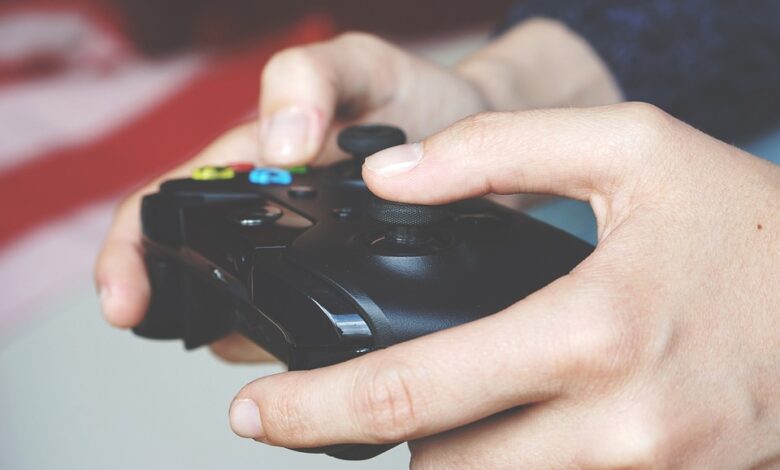The Role of Gaming in Mental Health and Therapy.

Gaming has several benefits that can positively affect one’s mental health. Firstly, gaming can serve as a form of escapism. Many games have immersive storylines and game worlds that allow players to forget their real-life problems for a while and focus on something else. This escape can be beneficial for individuals who are dealing with anxiety, depression, and other mental health disorders.
Gaming can also help players develop problem-solving skills. Many video games require players to think critically and come up with solutions to complex problems. This type of cognitive stimulation can be helpful for individuals with depression and anxiety, as these disorders can sometimes cause a lack of motivation and difficulty concentrating.
Furthermore, gaming can foster social connections. Multiplayer games allow players to interact with others and form friendships, which can be beneficial for individuals who struggle with loneliness and social anxiety. These connections can also be helpful in reducing the stigma around mental health and promoting an open and supportive community.
Finally, gaming has even been used as a form of therapy in mental health treatment. “Gamification” is a term used to describe the use of game-like elements in non-gaming contexts, such as education or therapy. Gamification in therapy has been used to treat a variety of mental health issues, including depression, anxiety, and even post-traumatic stress disorder. This type of therapy involves playing video games that are designed specifically to target certain mental health issues. For example, a game called SPARX has been shown to be effective in reducing symptoms of depression in teenagers.
In conclusion, gaming can have a positive impact on mental health and has even been used as a form of therapy in mental health treatment. While it’s important to recognize that excessive gaming can have negative effects on mental health, responsible gaming can provide an avenue for stress relief, cognitive stimulation, social connections, and therapeutic benefits. As gaming continues to gain popularity, it’s important to continue to research its impact on mental health and promote responsible use.





